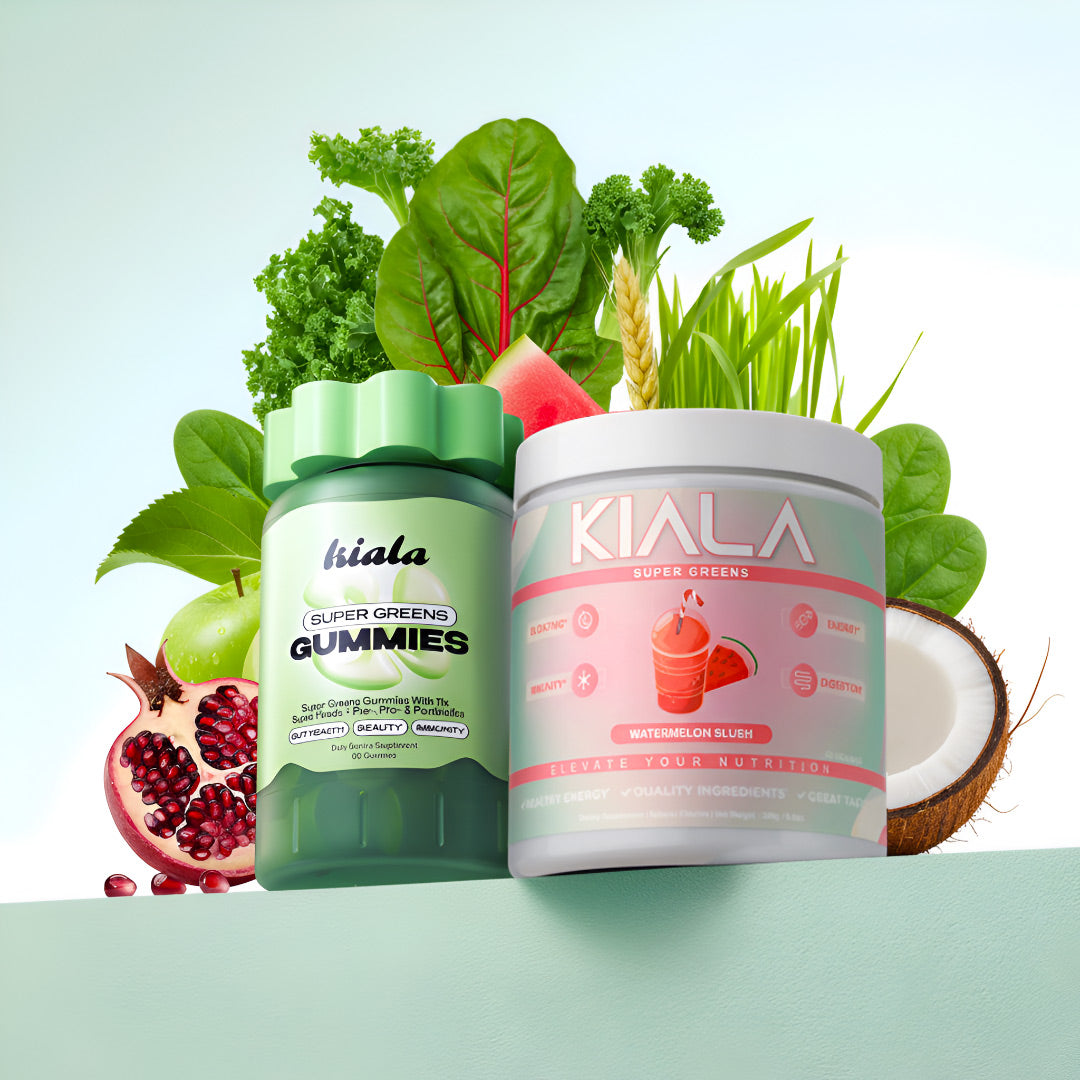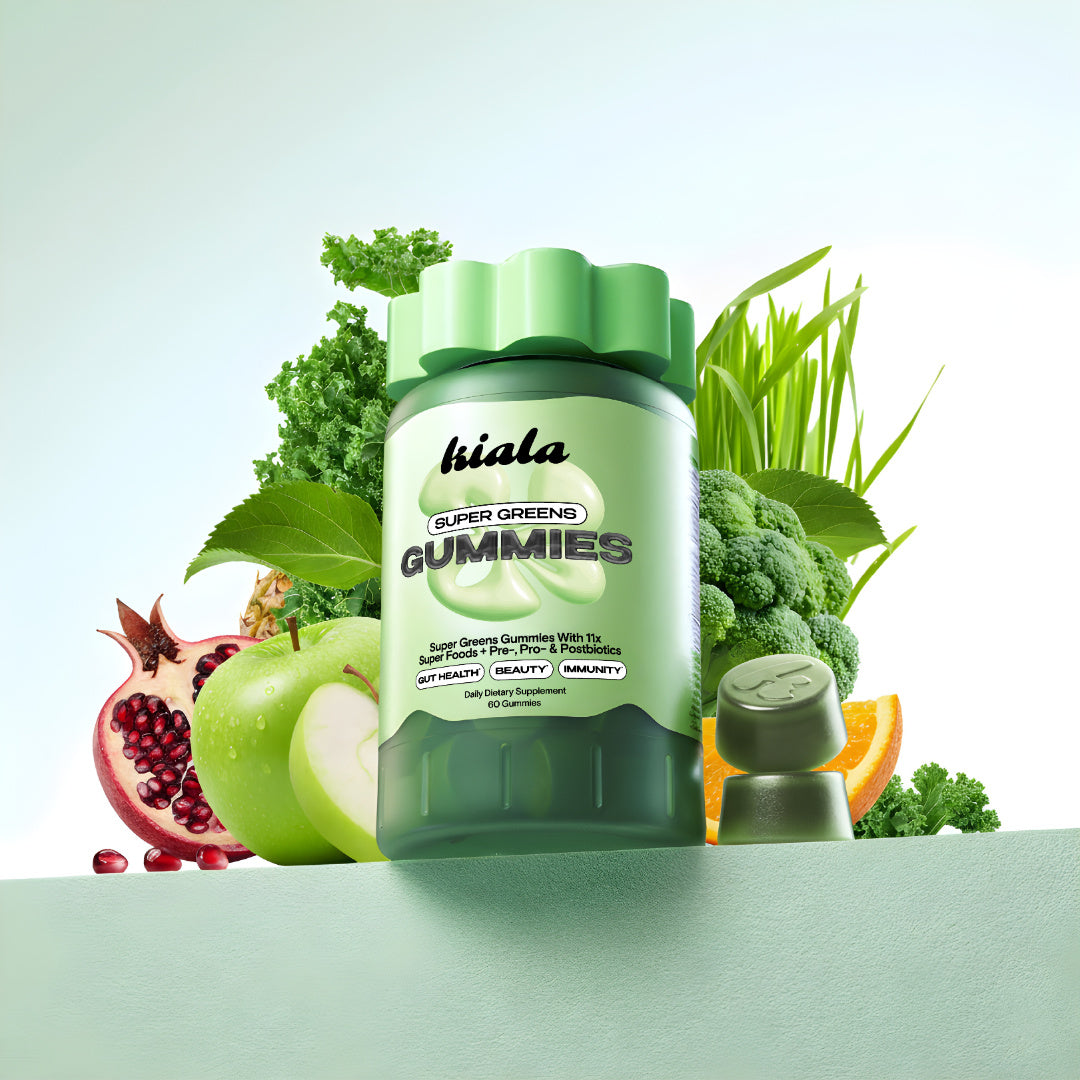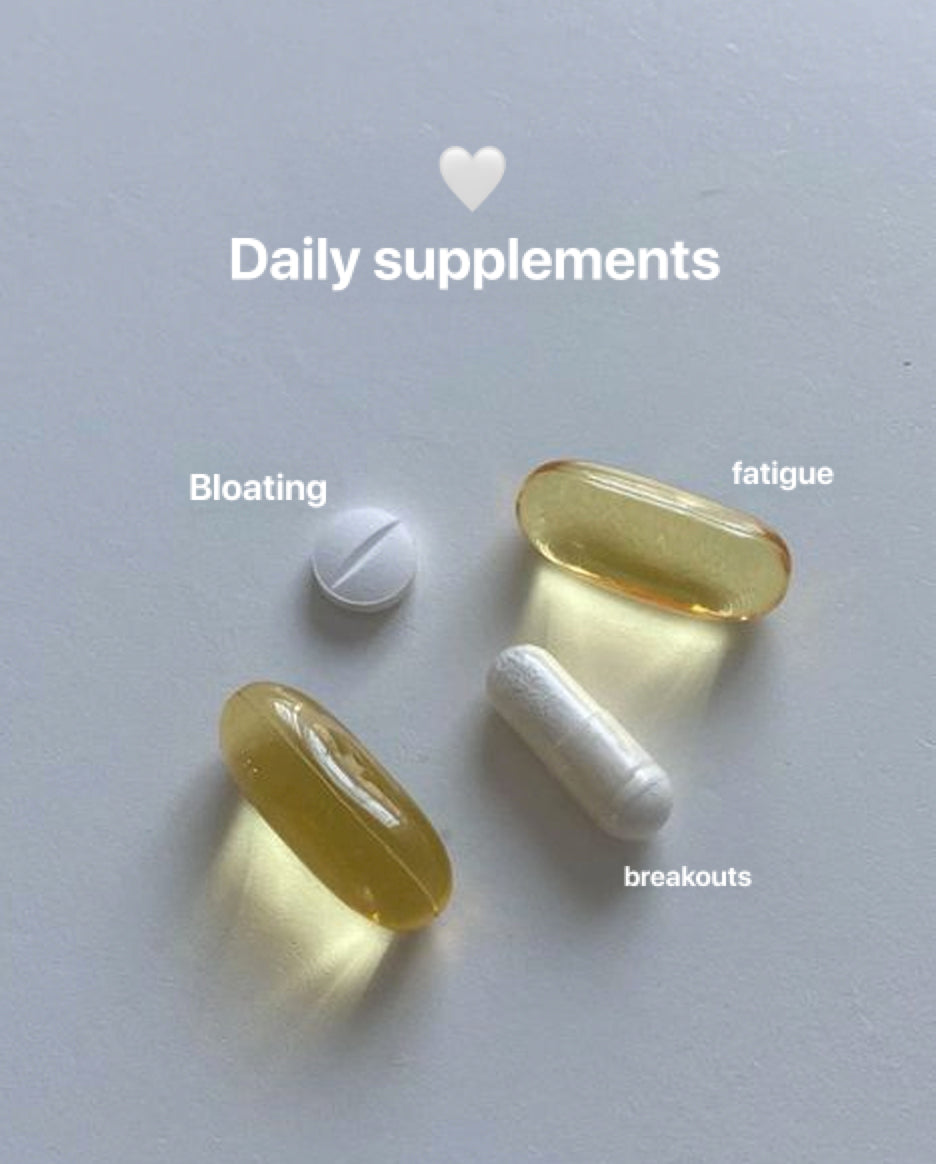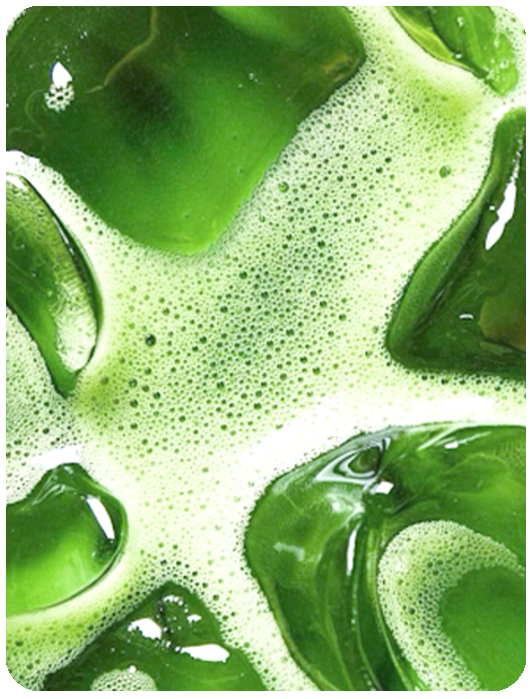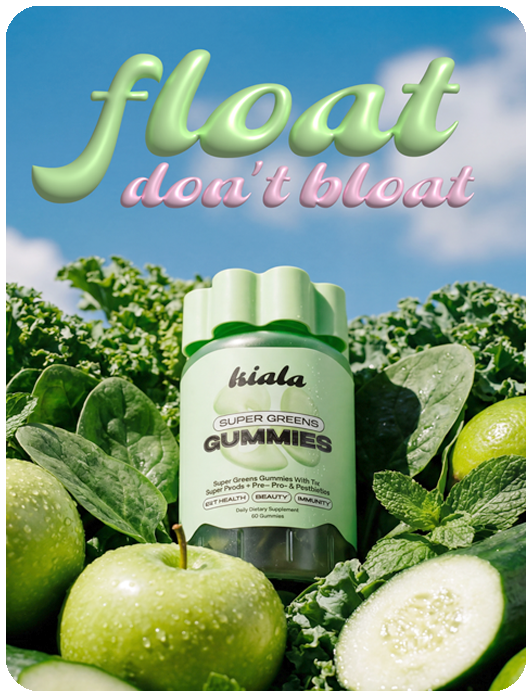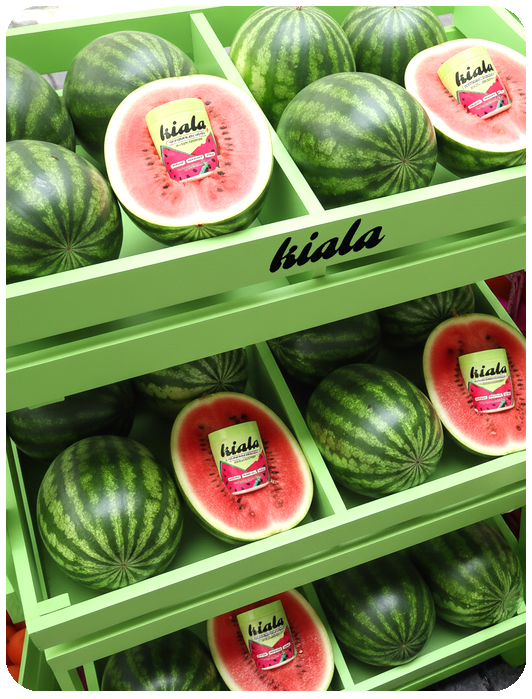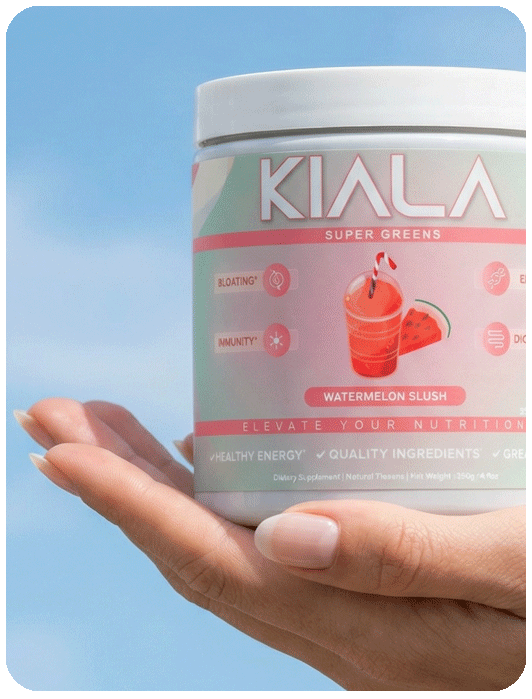Why Your Expensive Probiotics Might Be Giving You Expensive Gas
You've been dutifully taking your $60-a-month probiotic for three months now, expecting to feel like the glowing wellness goddesses on Instagram. Instead, you're experiencing what can only be described as an internal gas factory, complete with sounds that would make a trucker blush.
Welcome to the probiotic paradox: sometimes the supplements promising digestive bliss deliver digestive chaos instead. Let's unpack why your gut health investment might be backfiring and what actually works for digestive wellness.
The Probiotic Marketing Machine
The global probiotics market is worth over $50 billion, and for good reason—gut health research is genuinely exciting. But somewhere between legitimate science and supplement marketing, things got a bit... overblown.
Dr. Eamonn Quigley, gastroenterologist and probiotics researcher at Houston Methodist, explains: "The probiotic industry has outpaced the science. While certain strains have proven benefits, many commercial products lack the research to support their claims."
The "More Is Better" Myth
Walk into any health store and you'll see probiotics boasting "100 billion CFUs!" like it's a badge of honor. But more isn't necessarily better when it comes to gut bacteria.
The Die-Off Effect: When you introduce massive amounts of new bacteria to your gut, the existing ecosystem can revolt. This process, called "die-off" or the Herxheimer reaction, can cause bloating, gas, and general digestive mayhem as your gut microbiome rebalances.
Strain Specificity Matters: Not all probiotic strains are created equal. Lactobacillus acidophilus might be great for vaginal health but less helpful for digestive issues. Bifidobacterium longum might support immune function but won't necessarily solve your bloating problems.
The Fiber Connection Nobody Mentions
Here's what most probiotic companies don't tell you: probiotics need food to survive and thrive. That food is prebiotic fiber, and without it, your expensive bacteria are basically expensive tourists passing through without setting up residence.
The Prebiotic Foundation: Dr. Justin Sonnenburg, microbiome researcher at Stanford, notes: "Probiotics without prebiotics are like trying to plant a garden without soil. The bacteria need specific fibers to colonize effectively."
The Gas Production Reality: When probiotics do find fiber to ferment, gas production is a natural byproduct. This is actually a sign they're working, but it can be uncomfortable if your system isn't prepared for the increased fermentation activity.
The Sudden Shift Problem: Adding high-dose probiotics to a low-fiber diet can create an imbalanced fermentation environment, leading to excessive gas production from the sudden bacterial activity.
Why Isolated Probiotics Often Fall Short
The gut microbiome is an ecosystem with trillions of bacteria from hundreds of species. Expecting one or two strains to fix complex digestive issues is like expecting one person to run an entire corporation.
The Ecosystem Approach: Research published in Nature shows that diverse, whole-food approaches to gut health are more effective than isolated probiotic supplementation. The microbiome thrives on diversity, not bacterial monocultures.
Survival Issues: Many probiotic supplements don't survive stomach acid or make it to the colon where they're needed. Studies show that up to 99% of probiotics in some supplements are dead by the time you consume them.
The Manufacturing Problem: Probiotics are living organisms that require specific storage conditions. Heat, light, and moisture can kill them before they reach your gut, making that expensive supplement essentially useless.
The Whole-Food Alternative
This is where comprehensive nutrition approaches start making more sense than isolated probiotic supplements.
Natural Fiber Sources: Instead of shocking your system with mega-dose probiotics, consider providing your existing gut bacteria with the fiber they need to thrive. Ingredients like organic fruits, vegetables, and prebiotic-rich foods support your natural microbiome.
Digestive Enzyme Support: Quality supergreens formulations often include natural digestive support that helps break down foods properly, reducing the fermentation load that can cause gas and bloating.
Anti-Inflammatory Compounds: Rather than adding more bacteria to an inflamed gut environment, ingredients like turmeric, green tea extract, and berry antioxidants help create a healthier environment for beneficial bacteria to naturally flourish.
The Gentler Approach to Gut Health
Coconut Water Benefits: Ingredients like coconut water powder provide natural electrolytes that support proper hydration and digestive function without the harsh effects of isolated probiotic megadoses.
Micronutrient Support: A well-functioning digestive system requires adequate vitamins and minerals. Comprehensive supergreens containing spirulina, wheatgrass, and organic fruits and vegetables provide the micronutrients your digestive system needs to function optimally.
The Consistency Factor: Dr. Emeran Mayer, gut-brain researcher at UCLA, emphasizes: "Consistent, moderate approaches to gut health are more effective than dramatic interventions. Your microbiome prefers stability to shock therapy."
What Actually Works for Digestive Wellness
Instead of expensive probiotic roulette, consider these evidence-based approaches:
Start with Foundation Nutrition: Before adding more bacteria, ensure your gut has the nutrients it needs to support healthy bacterial balance. Quality supergreens provide comprehensive nutrition that supports natural digestive function.
Focus on Diversity: Rather than isolated strains, choose nutrition that supports overall microbial diversity through varied plant compounds. With over 1 million women successfully incorporating diverse supergreens into their routines, it's clear that whole-food approaches work.
Consider Your Individual Response: Some people thrive on probiotics, while others do better with prebiotic support or digestive enzymes. Pay attention to how your body responds rather than following one-size-fits-all recommendations.
The Timing and Quality Question
Morning Optimization: Starting your day with gentle, comprehensive nutrition sets your digestive system up for success. Quality supergreens in delicious flavors provide sustained energy and digestive support without overwhelming your system.
Organic Matters: When it comes to gut health, the quality of ingredients matters. Organic formulations avoid the pesticide residues that can disrupt healthy gut bacteria.
The Bottom Line
Your gut health journey shouldn't involve expensive gas explosions and digestive distress. Sometimes the simplest approaches—comprehensive nutrition, adequate hydration, and consistent healthy habits—are more effective than complex supplement protocols.
If your current probiotic is causing more problems than it's solving, consider whether a gentler, whole-food approach might serve you better. Your gut microbiome evolved over millions of years eating diverse plant foods, not isolated bacterial strains from a laboratory.
Trust your body's signals, choose quality over marketing hype, and remember that sustainable gut health is built through consistent, gentle support rather than dramatic interventions.
Sources:
-
Quigley, E. M. (2019). Prebiotics and probiotics in digestive health. Clinical Gastroenterology and Hepatology, 17(2), 333-344.
-
Sonnenburg, J., & Sonnenburg, E. (2015). The Good Gut. Penguin Books.
-
Zmora, N., et al. (2018). The role of the immune system in metabolic health and disease. Nature, 557(7704), 196-204.
-
Mayer, E. (2016). The Mind-Gut Connection. Harper Wave.
-
Hill, C., et al. (2014). Expert consensus document: The International Scientific Association for Probiotics and Prebiotics consensus statement on the scope and appropriate use of the term probiotic. Nature Reviews Gastroenterology & Hepatology, 11(8), 506-514.
Ready to support your gut health without the digestive drama? Discover comprehensive supergreens that provide gentle, effective digestive support through whole-food nutrition. Sometimes the best approach is also the simplest one.
Read more

Nutrient Timing: Does When You Take Your Greens Actually Matter? You've mastered what to eat, but now you're spiraling down the rabbit hole of when to eat it. Should you take your supergreens on an...

Supplement Shaming is So 2023: Why Smart Women Don't Apologize for Optimization Picture this: You're at brunch, casually mentioning your morning routine includes a greens powder, and suddenly Karen...
